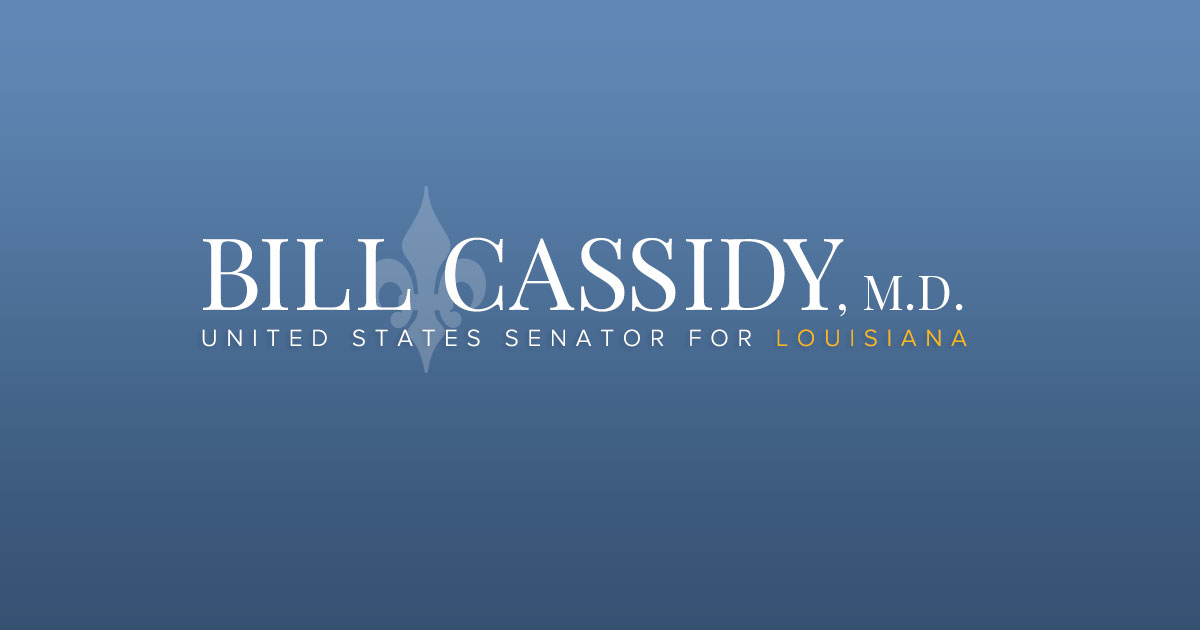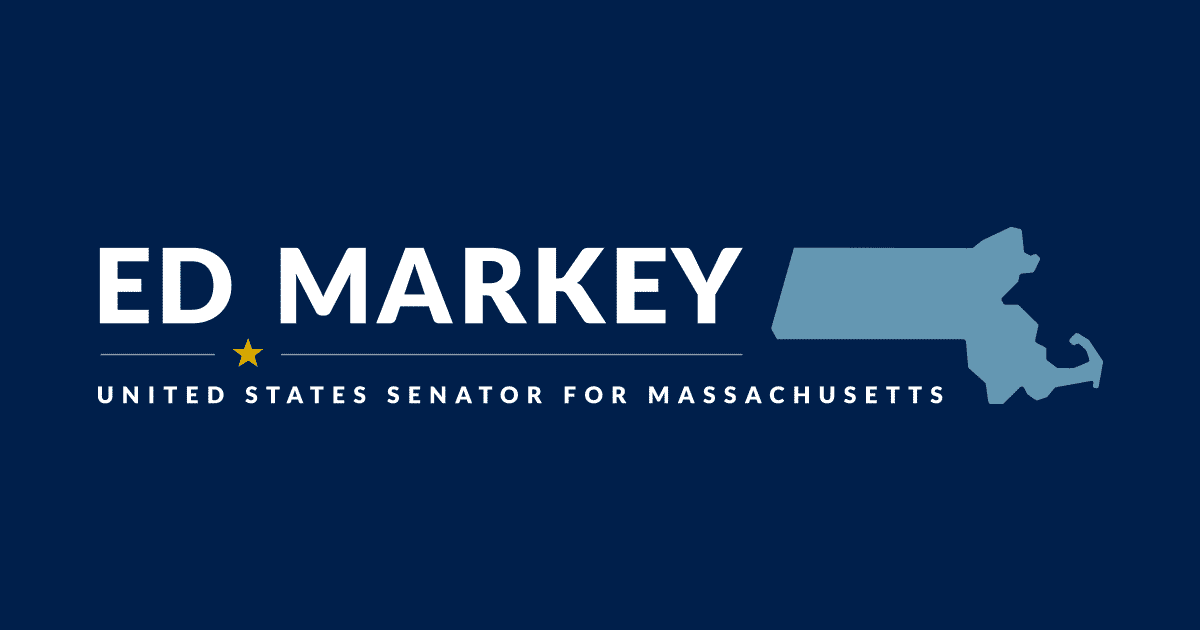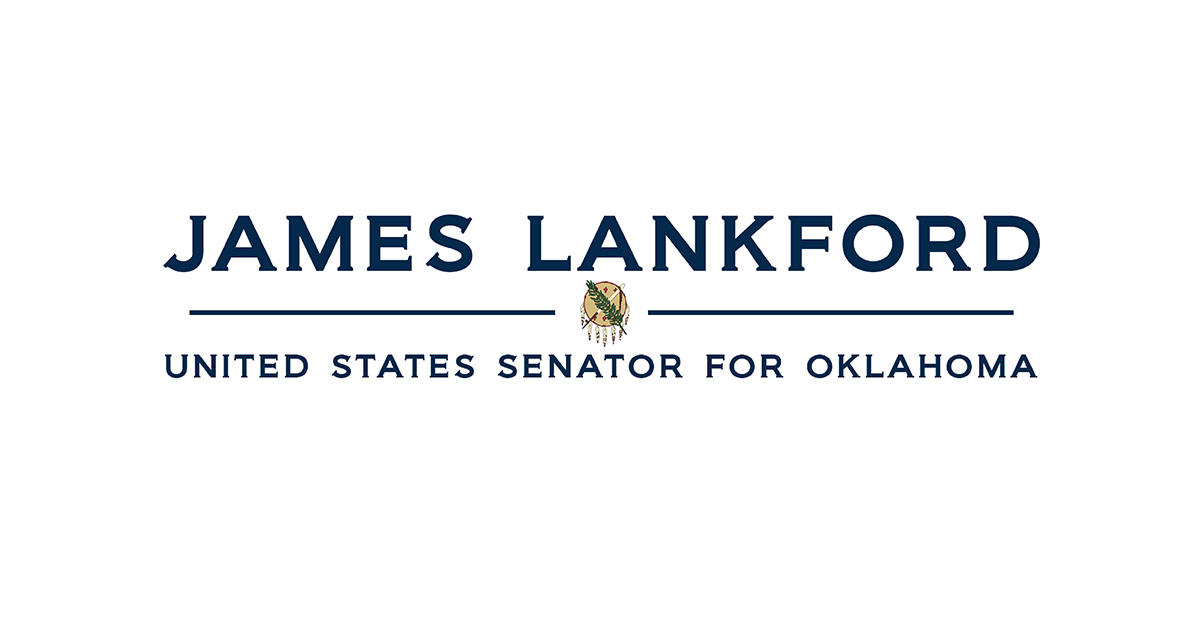Source: United States Senator for Kentucky Mitch McConnell
WASHINGTON, D.C. – U.S. Senate Republican Leader Mitch McConnell (R-KY) announced he secured several priorities to benefit Kentucky in the Water Resources Development Act of 2022 (WRDA 2022) that the Senate passed today.
This legislation authorizes the U.S. Army Corps of Engineers (USACE) to carry out projects across the country that invest in ports, harbors, and inland waterways, build resilient infrastructure, and help preserve the natural environment. A House/Senate conference committee negotiated the legislation based on the two previous bills the Senate and House passed separately. This bill now goes to the President for his signature.
“Kentucky sits at the heart of America’s inland waterways, serving as a national hub for transportation and commerce. Because of this, I’ve worked hard to advance the Commonwealth’s priorities in this year’s water infrastructure legislation to protect our natural heritage, foster development and growth, and help our waterside communities. I’m grateful my Senate colleagues approved these investments in Kentucky’s future,” said Senator McConnell.
Senator McConnell secured the following provisions to benefit Kentucky:
Kentucky Lock and Dam
Language instructing the USACE to expedite the completion of the Kentucky Lock addition project in Livingston County, Kentucky. The bill also includes language pausing Appropriations limits on projects, which will allow construction to continue even with possible cost increases.
“For years, I have used my leadership role in the United States Senate to advocate for the completion of the long-awaited Kentucky Lock and Dam project. I have helped secure more than $1 billion for this project, including over $465 million last year through the bipartisan Infrastructure Investment and Jobs Act. The language in this year’s Senate water infrastructure bill will help that project stay on track, even if it is hit by cost overruns driven by inflation. Once finished, the new Kentucky Lock and Dam will allow the Commonwealth to take full advantage of our prime location at the heart of America’s inland waterways system,” said Senator McConnell.
“Each year roughly 25 million tons of product pass through Kentucky Lock, supporting jobs and commerce across the Commonwealth and neighboring states. Completion of the current Kentucky Lock expansion project is paramount to optimizing this critical transportation corridor, and the language in the Senate Water Resources Development Act of 2022 is a much-needed step in the right direction. Senator McConnell is leading the effort to expedite completion of this important project, and I applaud his unwavering commitment and steadfast leadership toward improving the inland waterways system and Kentucky Lock and Dam,” said Crounse Corporation President and CEO Matt Ricketts.
Newport Waterfront Festival Park
USACE authorization to study the construction of the Waterfront Festival Park in Campbell County, Kentucky. The City of Newport seeks to create a new community space along its Ohio River waterfront. This authorization will enable USACE to map out the project, which involves flood management, ecosystem restoration, and recreation.
“Kentucky boasts many waterfront developments that serve as the gathering place of their communities. With the passage of this year’s Senate water infrastructure bill, the City of Newport will be able to coordinate with USACE to build a new waterfront community space of its own. Around the Commonwealth, these projects have fostered development, encouraged recreation, and promoted local pride. I’m proud to help Newport pursue this project to reap all these benefits too,” said Senator McConnell.
“The City of Newport is thrilled to receive authorization for the Corps to study the effects and benefits of planned improvements to our Festival Park area,” said Newport City Manager Tom Fromme. “Being a critical part of Riverfront Commons, the park is a very important asset to Newport and to the entire region. We are extremely grateful for the efforts of Senator McConnell for his work and advocacy on behalf of our City and residents.”
“This is a long-awaited milestone for the Newport Festival Park project, and we applaud Senator McConnell’s continued commitment to enhancing Northern Kentucky’s riverfront,” said Southbank President and CEO Will Weber. “The WRDA authorization for funding will enable the USACE to study the area for future recreational opportunities and continues the tremendous momentum of riverfront development through both public and private investment. “
Columbus Belmont State Park
USACE authorization to study and examine bluff stabilization at the Columbus Belmont State Park in Hickman County, Kentucky. The Park sits atop a steep bluff overlooking the Mississippi River and welcomes many visitors from the community and surrounding region. The Park faces significant erosion, so bluff stabilization efforts will help prevent future property loss.
“Columbus Belmont State Park is one of the crown jewel attractions of the Jackson Purchase but has become threatened recently by shifts in the path of the Mississippi River. I am proud to assist this Kentucky landmark in determining the best way to stabilize its bluff and prevent future erosion. These efforts will help ensure the park will be around for generations to come,” said Senator McConnell.
“We are grateful to Senator McConnell for securing authorization for a feasibility study on the Columbus Belmont State Park bluff project currently under the watch of the Corps of Engineers. Columbus Belmont State Park is one of the most picturesque parks in our great country. In the past few years, severe sloughing of the bluff has led to a dangerous situation affecting Columbus Belmont. We want to thank Senator McConnell and his staff for their tireless work in trying to save our park. It is much appreciated,” said Hickman County Judge-Executive Kenny Wilson.
Three Forks of Beargrass Creek
Funding authorization up to $129 million for the restoration of three major branches of the Beargrass Creek in Jefferson County, Kentucky. This waterway flows through Louisville, Kentucky, into the Ohio River and currently has a stressed aquatic ecosystem. The project will restore the stream’s flow and wetland habitat, improving the environmental quality of the watershed while increasing nearby communities’ access to green space and recreational opportunities.
“My hometown of Louisville is where Kentucky’s urban and natural worlds collide. In addition to promoting jobs and development in our city, I’ve also worked hard to preserve our natural beauty. Just like the Ohio River, Beargrass Creek is an integral part of Louisville and Jefferson County, and I’m glad this year’s Senate water infrastructure bill will help restore its environmental quality,” said Senator McConnell.
“This important restoration of Beargrass Creek will significantly help our community’s endeavor to enhance this highly urbanized stream by reestablishing natural features and crafting a sustainable environment. We look forward to partnering with other local agencies to bring this to fruition. We appreciate the work of Leader McConnell to move this forward in the Senate,” said Tony Parrott, Louisville MSD Executive Director.
Elkhorn Lake Improvement Project
Authorization for repairs to critical infrastructure at the Elkhorn Lake and Elkhorn Creek impoundment dam in Letcher County, Kentucky. The City of Jenkins lies below the Elkhorn Creek impoundment dam – which was built over a century ago and has not received significant improvements since then – and is threatened by the dam’s deteriorating state. These repairs will improve safety at the dam by replacing outdated infrastructure and investigating possible safety risks.
“Kentucky communities have benefitted immensely from the Commonwealth’s extensive system of dams, but these projects must be well-maintained to ensure nearby residents’ safety. I’ve made it a priority to upgrade Kentucky’s lock and dam infrastructure, and I’m glad this year’s Senate water infrastructure bill helps us improve the Elkhorn Creek impoundment dam and protect Letcher County against flooding,” said Senator McConnell.
“For years, residents of my town have worried that their homes and businesses could be threatened by deterioration at the Elkhorn Creek impoundment dam, which protects much of the City of Jenkins from flooding. This authorization will give the go-ahead for the U.S. Army Corps of Engineers to evaluate the necessary repairs to the dam, safeguarding our town. We deeply appreciate Senator McConnell’s work to address this critical problem and support Jenkins’ future development and growth,” said Jenkins Mayor Todd DePriest.
Asian Carp
Language that expands the effort to control and prevent the spread of Asian Carp.
“Invasive Asian Carp have already wreaked havoc on Kentucky’s inland waterways and disrupted the recreation and tourism industries that rely on them. I’ve made this issue a priority in the Senate and helped mobilize the federal government to eradicate this destructive fish. I was proud to include language in this year’s Senate water infrastructure bill to keep this endeavor at the top of USACE’s priorities and prevent the future spread of Asian Carp,” said Senator McConnell.
Riverbank Protection and Restoration Along Kentucky River Watershed
The addition of the Kentucky River and its tributaries and watersheds to USACE’s list of priority areas for flood risk management projects. This will enable the Corps to protect and restore riverbanks that were damaged in this summer’s floods. Congressman Hal Rogers (KY-05), Dean of the U.S. House of Representatives, also advocated for including this provision.
“This summer’s flooding in Eastern Kentucky exposed the severe threat future disasters pose to the Kentucky River’s riverbanks and those of its tributaries. Realizing this danger, Congressman Rogers and I worked together to bring USACE’s attention to the region and enable future projects that will reduce flood risk. I stand with Eastern Kentucky as they rebuild from this summer’s devastation and am pursuing all options available to try and prevent future flooding disasters,” said Senator McConnell.
“We cannot go back and reverse the historic destruction that occurred after the catastrophic flooding in July, but we can supply ourselves with tools to prevent such damage in the future. Adding the Kentucky River and its tributaries and watersheds to the USACE’s list of priorities is another tool in our toolbox to help rebuild and protect our region. I want to thank Congressman Rogers and Senator McConnell for continuing to do all they can at the federal level for Eastern Kentucky,” said Kentucky State Senator Brandon Smith.
In addition to these priorities, Senator McConnell also supported the following provisions to benefit Kentucky:
Permanent 65/35 Cost-Share Adjustment for Major Inland Waterways Projects
A provision permanently adjusting the cost-share for major inland waterways projects to 65 percent from the General Fund of the Treasury and 35 percent from the Inland Waterways Trust Fund. This cost-share agreement was set to expire prior to the passage of this bill.
The Inland Waterways Trust Fund receives revenue from an inland waterway user fee paid by commercial barges operating on federally designated waterways. This adjustment will allow the USACE to continue to stretch the Inland Waterways Trust Fund further, injecting federal dollars into construction projects in Kentucky and around the country.
“Kentucky has some of the best access to our nation’s inland waterways in the country, so I always look for ways to increase federal investment in infrastructure programs with a specific focus on improving inland water transportation. By making this cost-share adjustment permanent, we will allow more federal resources to flow into these types of projects, benefitting states like Kentucky with extensive inland waterway networks,” said Senator McConnell.
Cumberland River Dredging Study
Language instructing USACE to conduct a feasibility study to assess the deepening of a portion of the Cumberland River near Paducah, Kentucky, to increase the fill weight and the number of barges that can travel the river.
“Paducah prides itself on its riverfront access and has long taken advantage of its prime location to foster trade, transportation, and recreation. With the study authorized in this year’s Senate water infrastructure bill, Paducah will be able to benefit even more from its neighboring waterways by expanding the navigability of the Cumberland River,” said Senator McConnell.
Eddyville Riverport
Authorization for the sale of a USACE-owned parcel of land to the adjacent Eddyville Riverport facilities on Lake Barkley, allowing the riverport to expand its capabilities.
“Eddyville Riverport is part of Kentucky’s large and growing network of inland waterways facilities and requires new land to expand their capabilities. In this year’s Senate water infrastructure bill, I helped the Eddyville Riverport team cut through red tape and expedite the process required to acquire land from USACE. This will help the riverport expand and bring new economic opportunity to surrounding communities,” said Senator McConnell.
“We appreciate the work of Senator McConnell to assist in our expansion at the Eddyville Riverport and his dedication to the Commonwealth. The Riverport is an economic driver of our area and a vital piece in our transportation network. This expansion will allow us to grow port operations, facilitate business expansion, and attract new jobs and investments into Eddyville, Kentucky,” said Eddyville Riverport Chairman Billy Ray Coursey.





